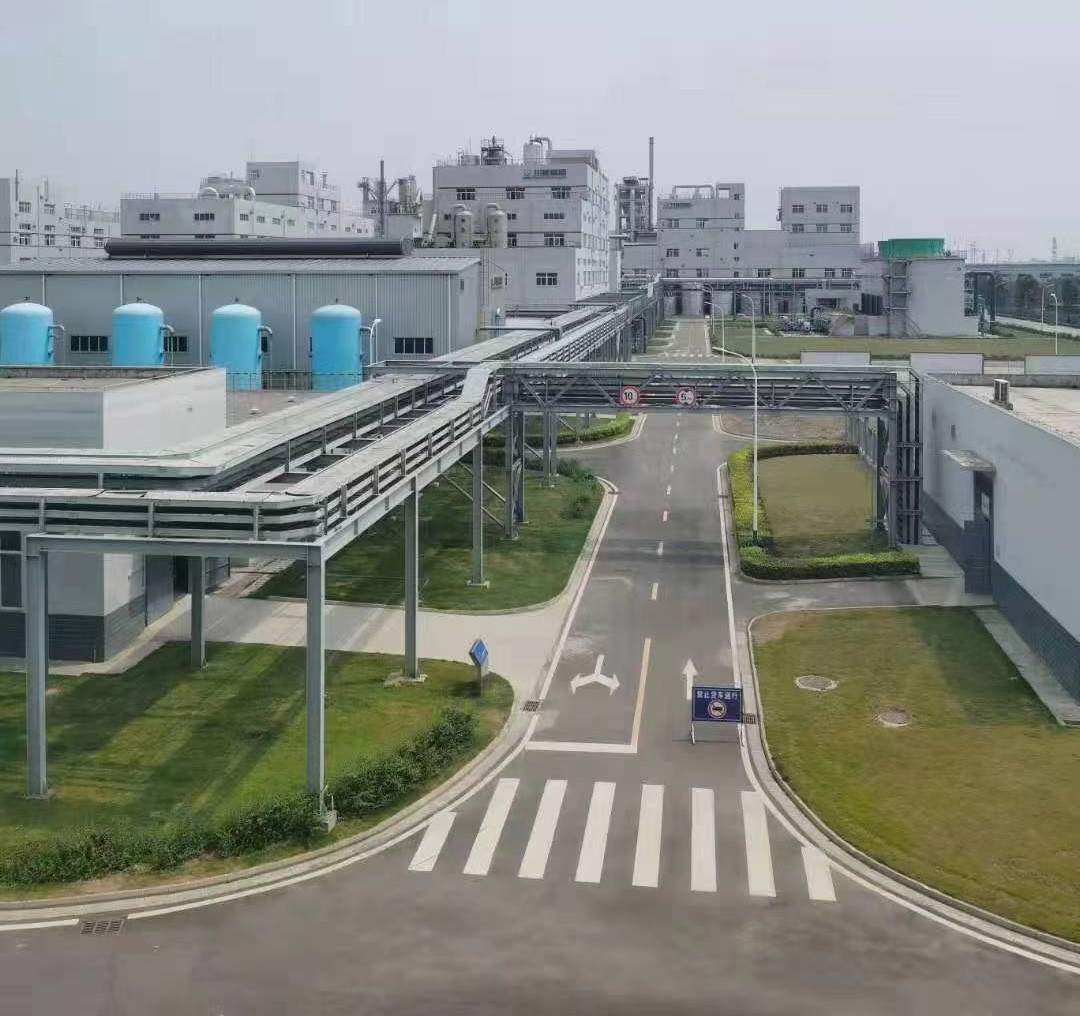Lithium-ion battery technology breaks new ground with operating temperatures as low as minus 70 degrees Celsius
Dec,26,23
How to improve the temperature adaptability of lithium-ion batteries has been the industry's research hot spots and difficulties. Recently, in the 25th China International Hi-Tech Fair, a new type of lithium-ion battery developed by the Shenzhen Institutes of Advanced Technology of the Chinese Academy of Sciences (hereinafter referred to as the "Shenzhen Institute of Advanced Technology") can withstand the "ice and fire" test, triggering the industry's attention. Industry attention.
Shenzhen Institute of Advanced Studies associate researcher Zhang Fan introduced to reporters, the team took 10 years of research and development, has now produced China's first wide temperature range, low-cost, long-life electric core products - new aluminum-based lithium-ion batteries, the minimum operating temperature of up to minus 70 degrees Celsius, the highest operating temperature of up to minus 80 degrees Celsius.
It is understood that, subject to material limitations, the traditional lithium-ion battery charging operating temperature of 0 degrees Celsius to 45 degrees Celsius, discharge operating temperature of minus 20 degrees Celsius to minus 60 degrees Celsius. In the low-temperature environment, traditional lithium-ion batteries will appear capacity degradation, shortened cycle life, charging difficulties and other issues. China's vast territory, the temperature changes with the geographical and seasonal changes, traditional lithium-ion batteries are easy to limit the scope of use.
"Compared with the market's low-temperature withstand the lower limit of about -20 degrees Celsius battery, the new battery working temperature range is wider, better low-temperature performance, lower cost." Zhang Fan said, "the new aluminum-based lithium-ion batteries are both freeze-resistant and heat-resistant, product high and low temperature performance, cycle life, safety performance and other indicators have been tested by a third-party authority, and in May this year to achieve mass production."
The new lithium-ion battery is "new" where? According to Zhang Fan, mainly in the anode materials and electrolyte to do articles. Traditional lithium battery anode is usually used graphite materials, with good cycling stability, low-cost advantage, but at the same time there is a low specific capacity, slow diffusion speed shortcomings. Based on this, the Shenzhen Institute of Advanced Technology developed a new aluminum-based composite anode materials, through matching with commercial lithium battery cathode materials, for different application scenarios, research and development of the corresponding electrolyte system, the successful development of a new type of aluminum-based - lithium iron phosphate core, aluminum-based - lithium manganese core, aluminum-based - lithium cobalt cobalt cores and aluminum-based - ternary core battery products such as ultra-wide temperature range.
Zhang Fan pointed out that the new aluminum-based lithium-ion battery also has low temperature charging, long range, fast charging and other advantages. In low-temperature charging performance, the new aluminum-based battery products to achieve normal charging at -30 degrees Celsius low temperature; in the range of performance, thanks to the high theoretical capacity of aluminum-based anode materials, battery energy density than the traditional lithium-ion batteries to enhance the 13% -25%, can do long range. In addition, due to the excellent conductivity of aluminum-based composite anode, the product can also be fully charged in 20 minutes, providing a solution for half an hour charging demand.
In terms of price, compared with the current mainstream lithium-ion battery, the new aluminum-based lithium-ion battery price is 5%-10% higher. However, compared with other low-temperature battery products currently on the market, based on the choice of materials, the new aluminum-based lithium-ion battery cost, on the other hand, can be reduced by 10%-30%.
"In terms of safety, traditional lithium-ion batteries are prone to lithium dendrites under overcharging or low-temperature conditions, which may puncture the diaphragm and bring about hidden dangers such as short-circuiting of the battery. And the new aluminum-based anode can effectively mitigate the generation of lithium dendrites under overcharging or low-temperature conditions, improving safety." Zhang Fan said.
However, although the theoretical advantages of the new aluminum-based lithium-ion battery is obvious, but its application has yet to be verified by the market.
"The new aluminum-based lithium-ion battery capacity has further room for improvement. Battery capacity enhancement will lead to aluminum expansion pulverization problems, stability will decline." Some industry insiders pointed out that how to balance the relationship between capacity and cycle life is the focus of the next generation of new aluminum-based lithium-ion battery research and development.
For the applicable scene, Zhang Fan said that the new aluminum-based lithium-ion batteries can be used in photovoltaic energy storage, home energy storage, communication base station energy storage, rail transportation, aerospace, polar research and other fields, especially in the alpine region and other segments of the market with unique advantages.
Zhang Fan pointed out that the new aluminum-based lithium-ion batteries have achieved energy storage, power and other applications of large-scale mass production, and in the northeast of China and other places in the field of distributed energy storage to carry out application demonstrations. But he also admitted that overall, the new aluminum-based lithium-ion battery is still in the market promotion stage. "At present, in Guangyuan City, Sichuan Province has launched the ultra-wide temperature range core and module manufacturing base project, a production capacity of 0.2GWh, is expected to be officially put into production next year, the second phase of the capacity of 2GWh, in order to quickly promote the application of new aluminum-based lithium-ion battery products."






